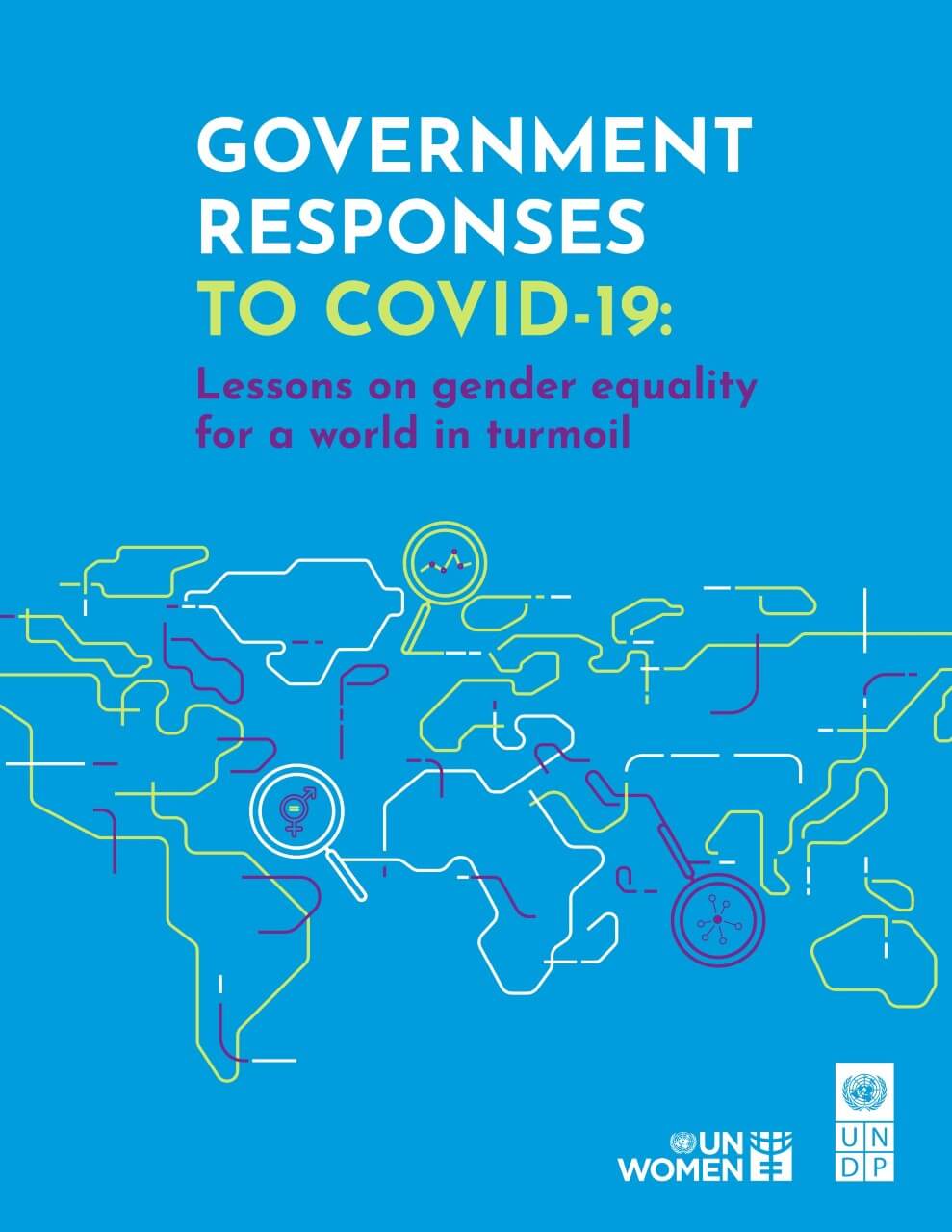The COVID-19 Crisis: A Catalyst for Change in Gender Equality
The COVID-19 pandemic has dramatically upended societies worldwide, prompting governments to take unprecedented measures to protect public health and economic stability. However, one of the less discussed but crucial aspects of the pandemic is its impact on gender equality. In this article, we will explore how various government responses to COVID-19 have addressed or neglected gender issues, drawing on insights from a recent report by UN Women.
According to the UN Women report, the pandemic has exacerbated pre-existing inequalities and disproportionately affected women and marginalized groups. This blog post aims to analyze these findings and propose action steps for organizations, especially HR professionals and business leaders, to foster gender equality post-COVID-19.
Understanding the Gendered Impact of COVID-19
The pandemic has highlighted the vulnerabilities of women in various sectors including healthcare, education, and the informal economy. Women make up the majority of the workforce in sectors that have been heavily impacted by COVID-19 lockdowns. As businesses shut down and service sectors collapsed, many women found themselves unemployed or underemployed, leading to economic instability in households that relied on their incomes.
Moreover, the burden of unpaid care work has fallen disproportionately on women, with school closures and increased caregiving responsibilities. This has heightened stress levels and limited women’s ability to engage fully in the workforce, perpetuating cycles of inequality.
Government Responses: A Mixed Bag
Governments around the world responded to the COVID-19 crisis with various strategies. While some initiatives aimed at addressing the needs of all citizens, many overlooked specific needs of women. The UN Women report emphasizes that effective responses should include gender-sensitive policies that recognize and address the unique challenges faced by women.
Some countries have risen to the occasion, implementing measures such as special financial support programs for women-owned businesses, enhanced healthcare services for women, and supportive parenting policies to alleviate the burden of childcare.
Case Studies of Effective Government Responses
Countries like New Zealand and Germany have made strides in creating gender-responsive recovery plans. In New Zealand, Prime Minister Jacinda Ardern’s government prioritized economic recovery initiatives that promoted gender equality. Measures included allocating funding for women’s organizations and ensuring accessible childcare services.
Germany, on the other hand, introduced a comprehensive family policy that offered financial support to families during the pandemic. This approach emphasized gender equality by enabling both parents to share caregiving responsibilities and encouraging female workforce participation.
Mobilizing the Private Sector for Change
As business leaders and HR professionals, it is essential to understand the pivotal role organizations play in advancing gender equality post-COVID-19. The pandemic has provided a unique opportunity to reassess workplace policies and promote a culture of inclusion and equity.
Implementing flexible work arrangements, investing in leadership development programs for women, and providing mental health support can significantly improve job satisfaction and retention. Organizations should also conduct thorough reviews of their recruitment and promotion processes to eliminate biases and barriers to advancement for women.
Leveraging Technology for Gender Equality
The rise of technology during the pandemic has opened new doors for women in the workforce. Remote work and digital platforms have allowed many women to overcome geographical barriers and participate in the job market. Companies must build upon this momentum by integrating technology into their talent acquisition and training processes.
AI consulting firms can play a critical role in helping businesses deploy automated solutions to create equitable workplaces. By leveraging data analytics, organizations can identify performance gaps, understand employee needs, and tailor initiatives that foster diversity.
Conclusion: A Call to Action for Business Leaders
The COVID-19 pandemic has underscored the importance of integrating gender equality into recovery efforts. As we look forward to emerging from this crisis, it is incumbent upon government leaders and business executives to champion policies and practices that support women and promote equality.
Incorporating gender-sensitive strategies into organizational processes is not only ethical but also beneficial for business. Diverse teams drive innovation, foster creative solutions, and can lead organizations to greater heights of success. Let us ensure that the lessons learned during this tumultuous time propel us toward a more equitable future for all.






